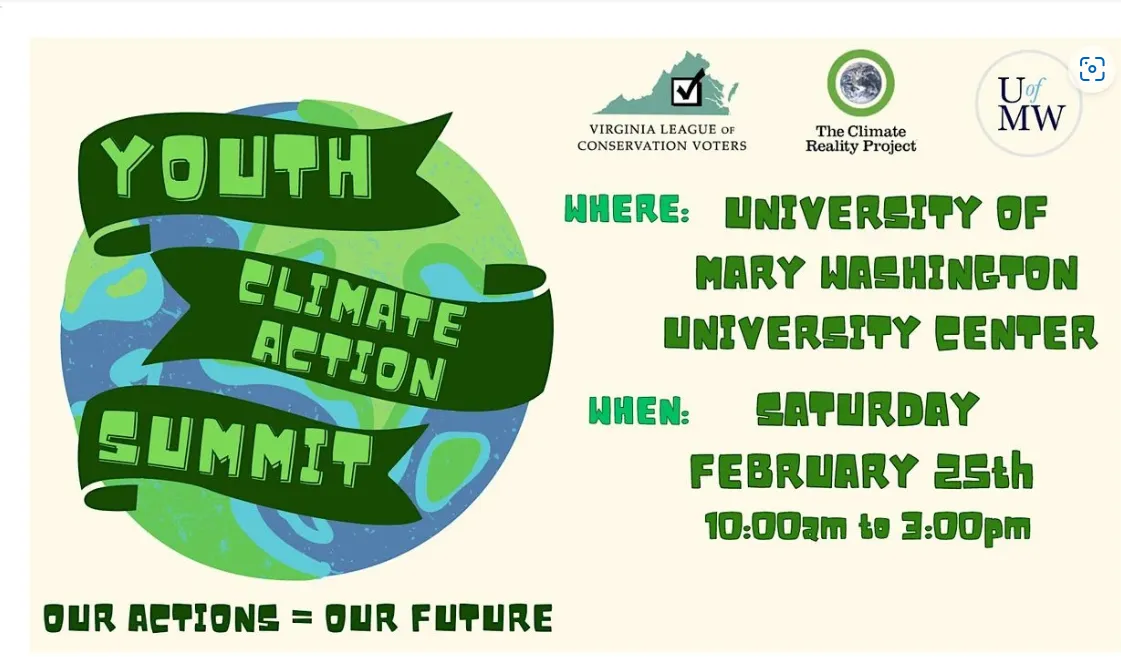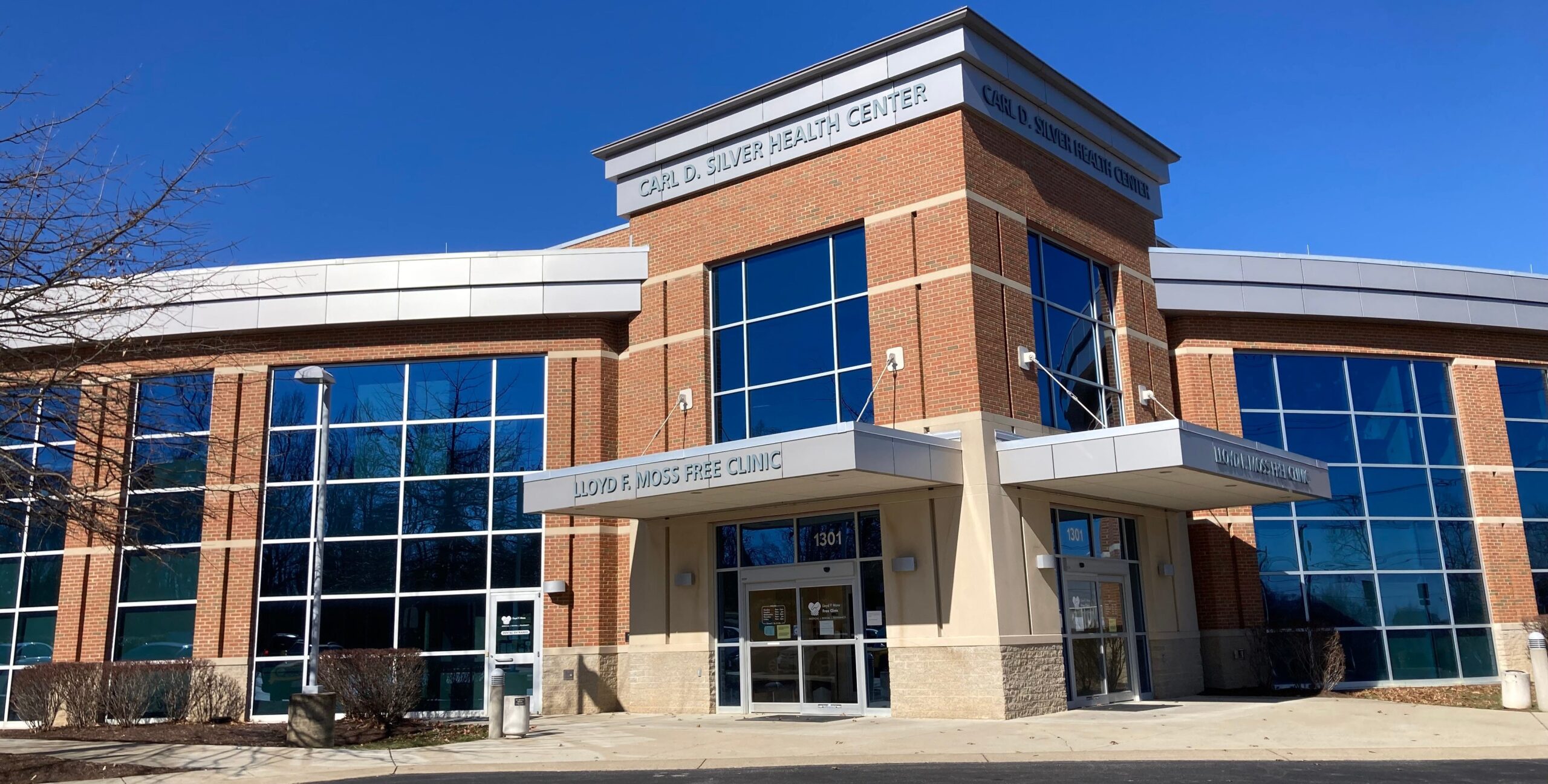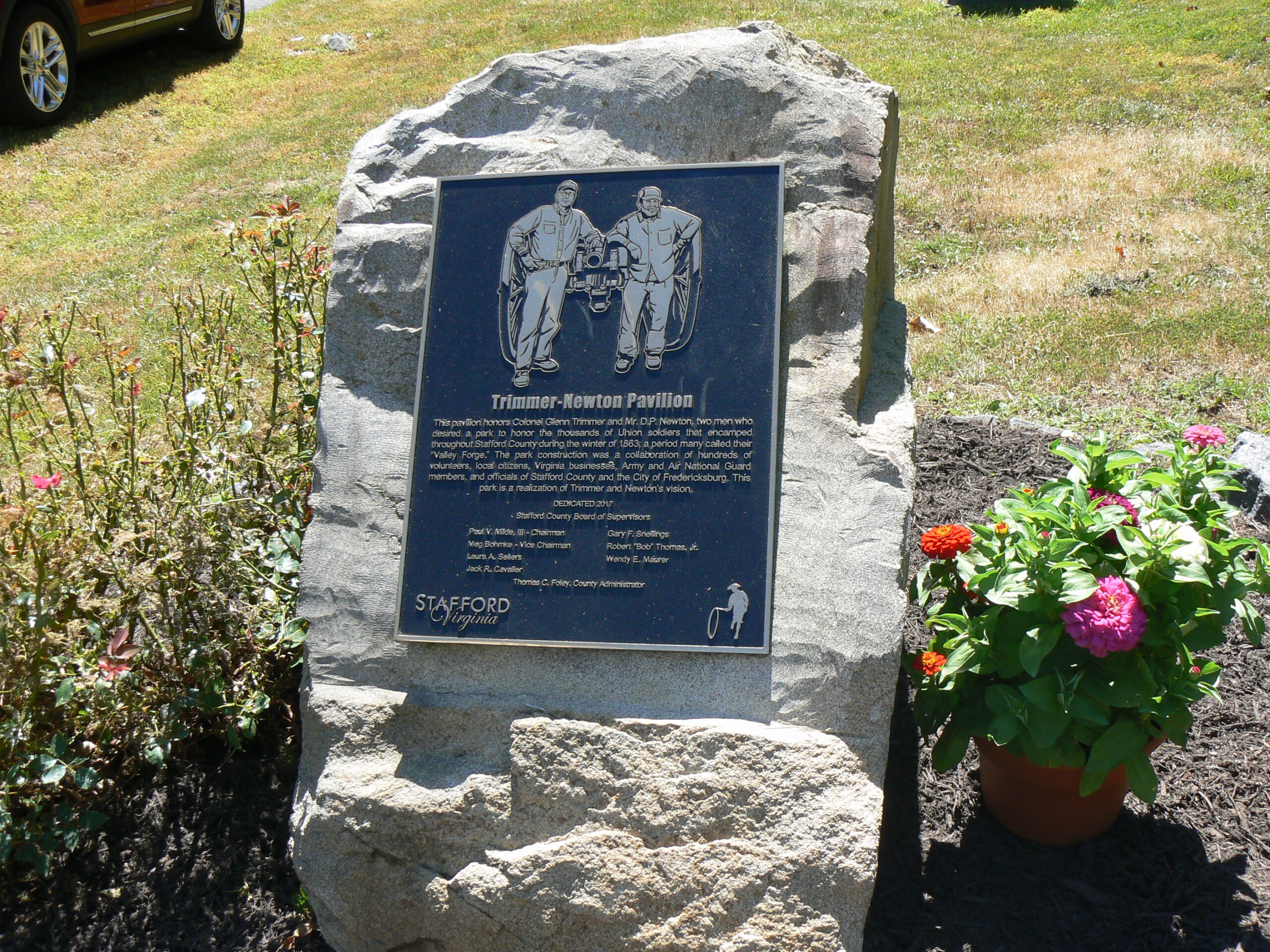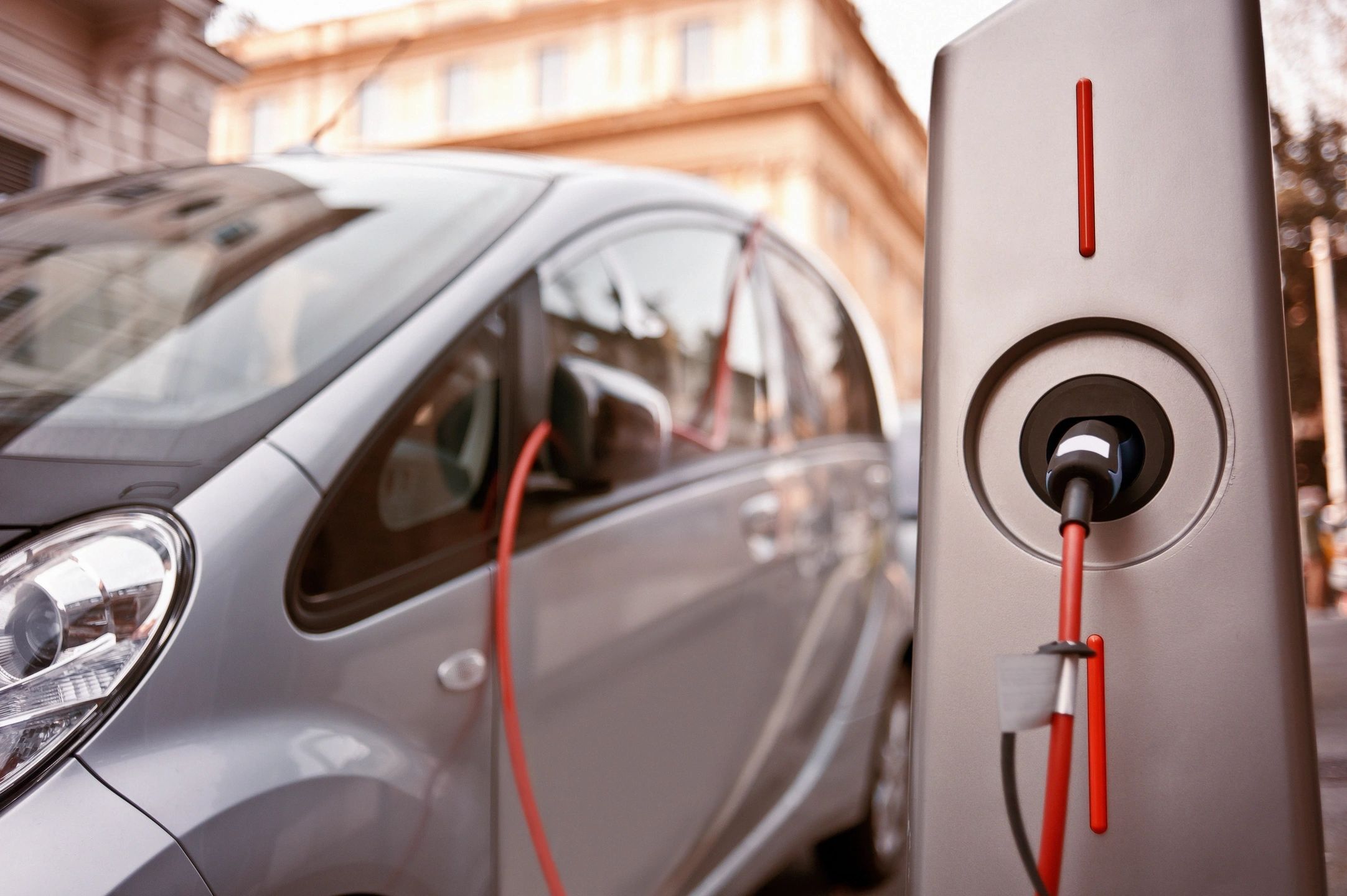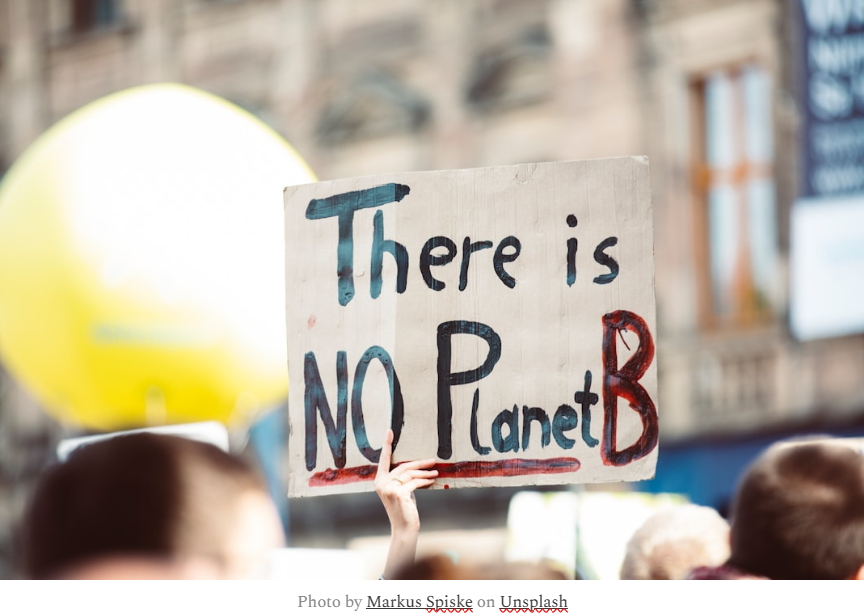
City must move on its goal of powering municipal operations with 100% renewable energy by 2035.
In 2019, the City of Fredericksburg made a pledge to its residents that it would power all municipal operations—city works, parks and recreation, schools, and (where possible) police and emergency response—with 100% renewable energy by 2035.
This goal was set with the understanding that we are in the midst of a true crisis, and that every city and county needs to do its part to address climate change.
It’s now well into 2024, and Fredericksburg has made little progress toward achieving 100% renewable energy. While it’s not yet too late, Fredericksburg needs to begin ramping up its efforts to fulfill its climate and energy commitment.
The signs of the climate crisis are even more obvious today than they were in 2019. The National Oceanic and Atmospheric Administration reported last week that the total carbon in the atmosphere (which is the main driver of global warming) set a new record.
More worrisome, last year carbon accumulated in the atmosphere at the fastest pace on record. While climate science is telling us that we must begin significantly decreasing the amount of carbon in the atmosphere in order to have a habitable planet, we are instead adding it at faster rates than ever before.
Alarmed? You should be. As a consequence of our cumulative carbon emissions, the Earth has been experiencing record warming. This past month was the hottest April on record. Astonishingly, it was the eleventh straight month in which our planet set a new monthly average temperature record.

Ocean temperatures have also risen to new highs, triggering a global coral bleaching event that imperils these biodiverse ecosystems and sources of natural wonder.
Parts of the United States are already experiencing reduced air quality due to forest fires in Canada. While no single wildfire can be definitively linked to climate change, increased incidents of drought and higher air temperatures from global warming will make them more likely in some parts of the world.
Fredericksburg needs to play its part in reducing carbon emissions. City government and schools have taken some important steps toward meeting our energy commitment, such as making energy efficiency upgrades and obtaining ten electric school buses, which will not only emit less carbon into the atmosphere but also protect our kids from the negative health effects caused by exposure to diesel exhaust.
While these steps are laudable, Fredericksburg is not much closer toward its goal of 100% renewable energy now than it was in 2019.
There are, of course, reasons for delay. The COVID pandemic is a big one, and the city government has had challenges staffing key positions. The problem is that everyone around the world can cite reasons for delay, which is why global carbon emissions continue to grow despite the catastrophic consequences.
The atmosphere doesn’t care about good intentions. We all must dramatically and quickly cut emissions through energy conservation and a shift to renewables.
For Fredericksburg, there are two basic places to start. The first is to begin installing solar panels wherever feasible, this includes on the tops of city and school buildings, parking decks, parking lots, and on top of closed cells at the landfill.
The second is to create a climate and energy plan with yearly benchmarks for the city. Not having a roadmap for the journey toward 100% renewable energy is a sure way to miss the destination.
We can take comfort that Fredericksburg isn’t making the transition to renewable energy alone. We are part of an enormous global transformation in how we power our economies. Some cities are well ahead of us, and we can learn and benefit from their experiences.
If Fredericksburg takes the necessary steps to meet its renewable energy pledge, it will become a respected leader in the region, providing an important model for other municipalities and nearby counties to follow. It will also maintain its credibility as a local government that does what it says it will do.
The citizens of Fredericksburg need to encourage city leaders to uphold their commitment to transitioning to 100% renewable energy by 2035. We stand ready to help our local government get there.
by Eric Bonds, Julie Kay, and Robert Courtnage
GUEST WRITERS
Eric Bonds is a professor of sociology at the University of Mary Washington and proud dad of two kids in Fredericksburg City Schools. Julie Kay is a trained leader with Al Gore’s Climate Reality Project, an organizer of the annual student climate summit, and co-founded Fossil Free Fredericksburg. Robert Courtnage lives in downtown Fredericksburg and works with community members on local solar and sustainability initiatives.


